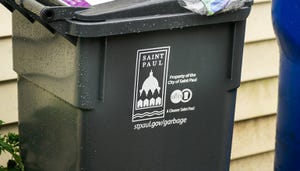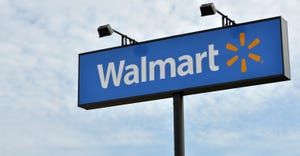How Recycling has Changed Since National Sword
A CityLab article examines how National Sword has sent “waves through the global recyclables market.”
This year marks the second anniversary of China’s National Sword, and China’s import bans, restrictions and contamination regulations are continuing to make things difficult for domestic recycling markets.
Since the implementation of China’s waste import ban, more communities across the U.S. are looking for alternative ways to handle their recycled materials, which, in some cases, has resulted in more recyclables ending up in landfills or being burned in large volumes at incineration facilities.
A CityLab article examines how National Sword has sent “waves through the global recyclables market." That report, however, does end with a glimmer of hope:
In any case, there are strategies that local programs can use, either separately or in combination, to find their way back to health and continue recycling waste. China’s policy change may not represent the much-feared “end of recycling” in the U.S. so much as an inflection point.
CityLab has more information:
“This facility is our version of Willy Wonka & the Chocolate Factory.”
That’s how Eileen Kao described Montgomery County, Maryland’s recycling center on a tour. Kao, who is chief of waste reduction and recycling in the county’s Department of Environmental Protection, pointed out how machines in the facility help sort recyclables. As she described how the machines worked, a magnet separated steel and tin cans into a storage silo while a shaker table collected pieces of glass that were too small to be sorted. Dozens of workers hand-sorted at certain steps along the process.
The county’s recycling center in Derwood, Maryland, processed more than 31,000 tons of commingled material and more than 45,000 tons of mixed paper last year. At this building, commingled material (bottles, cans, and containers) is sorted. Mixed paper, including cardboard, is sorted in another facility nearby.
About the Author(s)
You May Also Like


